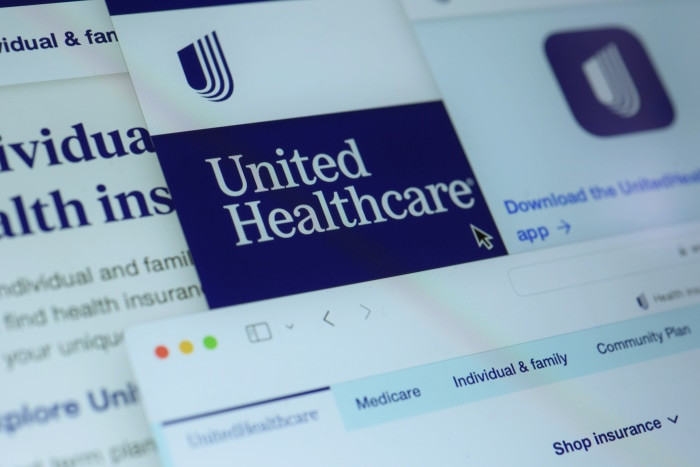UnitedHealthcare, the giant in the health insurance world, announced Tuesday it's yanking Medicare Advantage plans from 109 U.S. counties starting next year. That move hits about 180,000 members hard, folks who'll now scramble for new coverage as the annual enrollment period kicks off in just two weeks on October 15. Indeed, the company cited a brutal mix of rising medical costs, higher utilization rates, and squeezed reimbursements from the Centers for Medicare and Medicaid Services—or CMS—as the culprits forcing this retreat.
Humana's not far behind in this pullback. The insurer plans to shrink its footprint to 85% of U.S. counties in 2026, down from 89% this year, while CVS Health's Aetna arm is dropping prescription drug plans in 100 fewer counties. These changes come at a time when Medicare Advantage enrollment has slowed after years of explosive growth, with UnitedHealth actually gaining members overall but shedding them in targeted markets to stem losses. Humana, meanwhile, reported shedding lives in recent quarters, a stark contrast to its past dominance in the privatized Medicare space.
Moreover, whispers of trouble have been growing. An analysis earlier this year accused both UnitedHealthcare and Humana of gaming the system's risk adjustment mechanisms, allegedly inflating payments by billions through questionable practices that drive up unnecessary costs for taxpayers. However, the companies defend their strategies as essential for managing chronic care in an aging population. Still, as plans go live on Medicare.gov today, beneficiaries face a landscape of scaled-back options and potentially higher out-of-pocket hits.
UnitedHealthcare insists its remaining 2026 plans—covering 94% of eligible folks compared to 96% now—prioritize value and access, with perks like chronic condition management intact. Yet the broader industry shift feels like a quiet admission that the golden era of Medicare Advantage profits might be fading. For millions relying on these plans, the real question lingers: will this mean better care or just more uncertainty ahead?

